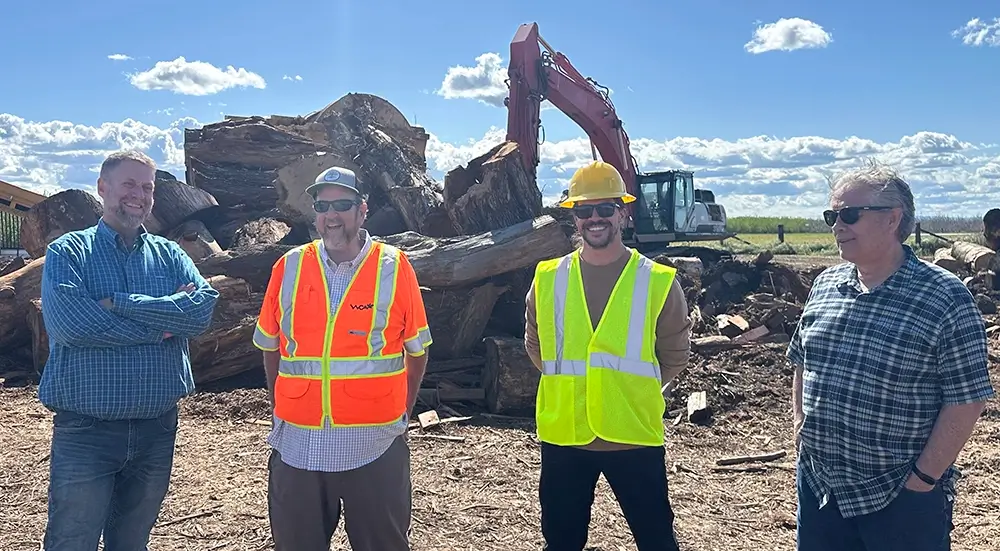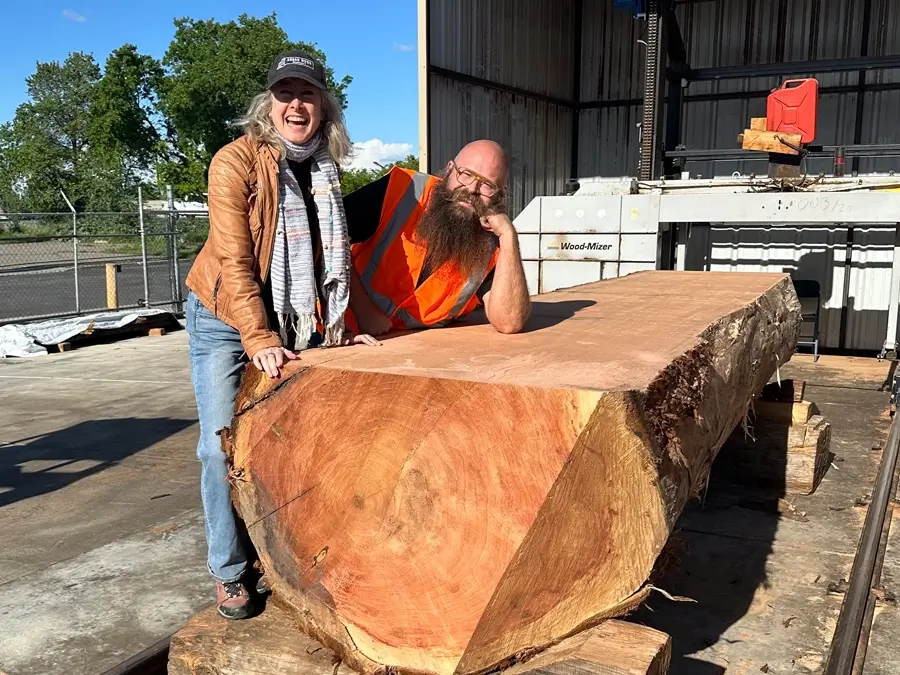The Problem
Like many cities its size, Stockton does not have a comprehensive wood utilization program in place. Today, the majority of trees and woody debris is removed from residential areas and fed into an energy facility in the region. However, Stockton’s unique factors—including economic need, social justice concerns impacting workforce development, relatively affordable real estate (for CA), and its proximity to a major port—make it a strong candidate for an urban wood utilization strategy that creates a market that puts the wood to its highest and best use, directly benefiting Stockton residents.
Our Solution
Unified Wood Economy is leading a team, with funding from the California Department of Forestry and Fire Protection and the USDA Forest Service, to develop a wood utilization feasibility study for Stockton that factors in current costs for wood disposal and forecasts revenue generation and avoided costs projections. From wood sourcing to final end-users, the team is uncovering hyper-local, regional, and national wood product markets to lay the foundation for a thriving urban wood economy for local leaders.
UWE and our partners are also creating a planning guide for a scaled wood utilization component that any city can use when developing a master urban forestry plan.


